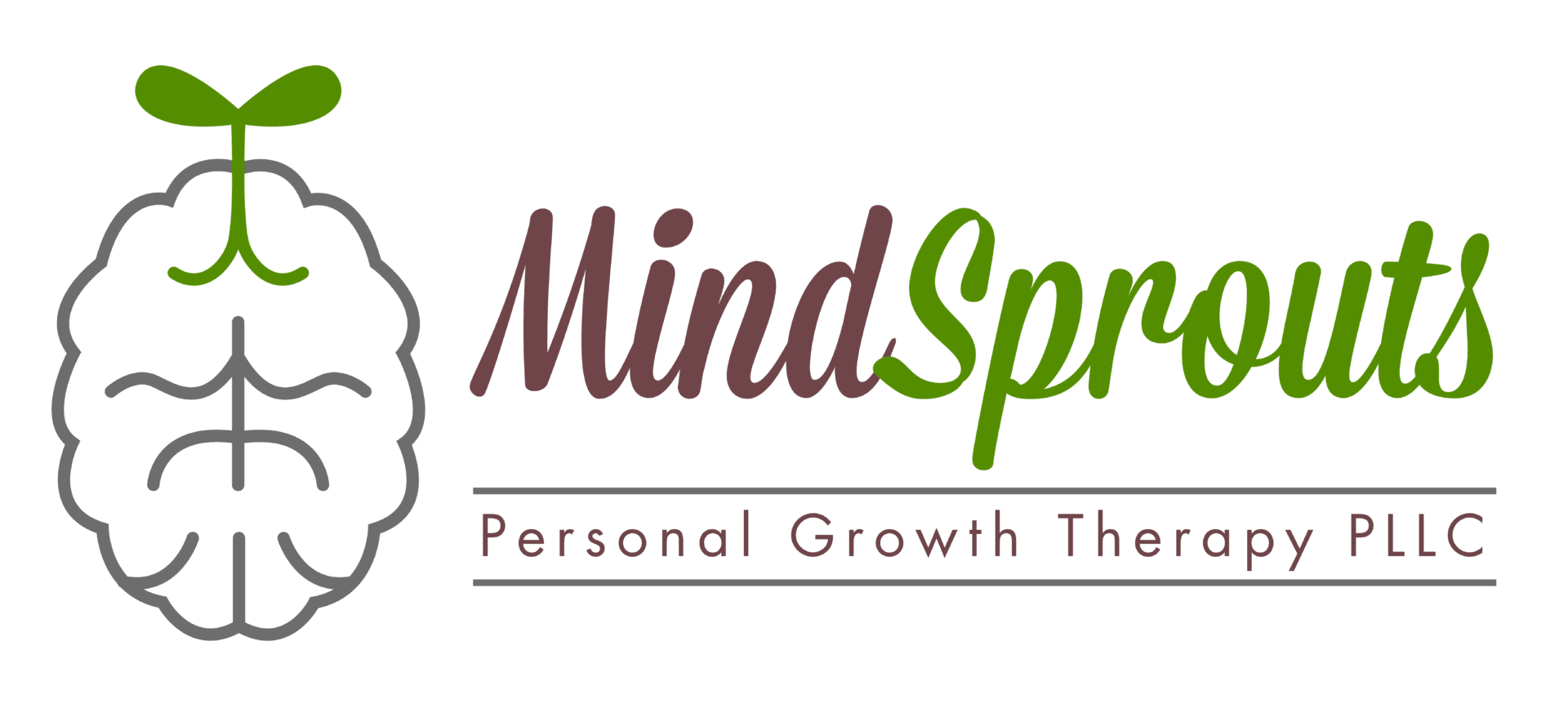Relationship Counseling
Are Relationships Hard For You?
Are you struggling with one or multiple relationships in your life? Do you yearn for intimacy, but fear getting too close to another person? Maybe you suspect that you’re in an unhealthy or abusive relationship, but fear leaving and/or don’t know how. Or perhaps you’ve experienced a string of failed relationship and are beginning to lose hope in your ability to find a suitable partner. It may be that you have a hard time effectively communicating your needs and boundaries with others, which is causing strife with colleagues, family members, friends, or your romantic partner. Is an addiction—either yours or that of a loved one—straining trust and causing feelings of shame, betrayal, frustration, and guilt? Do you wonder if a recent or past trauma is impacting your ability to develop healthy, secure relationships? Do you wish you could feel confident in yourself and your ability to form, navigate, and maintain healthy relationships with the people in your life?
Struggling with one or many relationships can be a frustrating, confusing, and wearisome experience. You may truly want to connect with others, but struggle with communication, intimacy, trust issues, or boundaries. Perhaps you’re longing to create and maintain a healthy romantic relationship, but aren’t even sure you know what one looks and feels like. You might wonder why relationships—both personal and professional—seem easier for other people than for you.
Relationship Issues Are Very Common In Our Culture
If you are struggling with one or multiple relationships, you are not alone. Trauma, addictions, and the attachment style(s) we developed in childhood can impact how we feel about ourselves and engage with others throughout our lives.
Similar to other species, at birth, human beings are wired to relate to others. Early relationships and environments provide the training ground for social and emotional development and, most often, what is learned in childhood becomes the basis for future relationships. This is how you develop attachment.
Attachment refers to how you relate to others in relationships. Researchers in the field describe attachment in two main categories—secure and insecure. In secure attachments, you tend to feel safe, calm, trusting, and use the relationship to explore and grow. In insecure attachments, you tend to feel anxious or avoidant or a combination of both. In an anxious attachment, you might not trust others to love you and stay in relationship with you. You may feel highly distressed and fear abandonment when separated from your love interest. You may feel clingy when threatened by a loss of relationship. In contrast, in avoidant attachment, you may avoid getting too close to anyone. You may believe that you don’t need anyone else and that you can take care of yourself. In the final insecure attachment style, you may feel both highly anxious and avoidant. Very distrustful about anyone really loving you, you may avoid engaging with love interests and fear that others will not be there for you, even though you crave affection, intimacy, and support.
Addictions, co-dependency, and trauma also impact how people engage in relationships. An addiction can interfere with intimacy, especially when it comes with lying, manipulating, mood changes, and self-absorption. People with addictions also tend to feel guilt, shame, and isolation, and may struggle to be honest, especially when they are engaged with addictive behaviors. Romantic partners may learn to not trust and even resent their addicted partner. Codependency often forms in addiction relationships or can occur when someone is addicted to caretaking others. Codependents tend to lose themselves in relationships, care for others at their own expense, and miss the signs of an unhealthy dynamic.
Trauma—both recent and past—can also significantly impact how someone perceives and behaves in relationships. Depending on your trauma, you may struggle to trust others and question your worthiness of love. If your caregivers were neglectful or abusive, you probably learned at an early age that relationships are unsafe. Unhealthy relationships, while painful, may seem normal and appropriate, although you may start seeing patterns of destructiveness in your life. You may have also developed issues regarding sexual activities, shied away from any romantic involvements, or sabotaged good relationships. Your adult relationships may resemble those you had with early caregivers, and you may not even know the difference between healthy and unhealthy relationships.
The good news is that there is help and hope. With the guidance and support of an experienced and compassionate therapist who is skilled in relationship issues, you can discover change and growth. You can work toward developing secure attachments and make a positive impact in your relationships and life.
Relationship Counseling Can Help You Develop Healthy Boundaries, Skills, And Self-Care
In safe, confidential sessions, you can learn how to strengthen relationships, develop social skills, and enhance your life. From both my life experiences and professional development, I believe that you can practice dignity and respect toward others and expect the same in return. The old adage that advises treating others as you want to be treated is a good guiding principle.
In individual relationship therapy sessions, you can explore yourself and all your relationships. Together, we can work through both current and past issues that are keeping you stuck in unhealthy, unsatisfying, and unfulfilling relationships.
If you have a trauma history, we can break down and challenge patterns of thoughts and behaviors that are no longer serving you, and you can practice and develop healthy ways to nurture safe and trusting relationships. Often, especially when trauma is a factor, we don’t know how to identify an unhealthy relationship. Throughout sessions, I can help you challenge and reframe the harmful dynamics your past taught you were normal. You can learn to see red flags, develop healthy boundaries, and feel empowered to make conscious decisions that serve your values and best self. You can learn to recognize toxicity in relationships and gain insight over what you can change and what you cannot. If co-dependency or addiction is an issue, I can help you learn how to engage in proper self-care, understand and express your emotions, tune into your instincts, and practice being responsive rather than reactive.
Because everyone experiences attachment and relationships differently, I will tailor-create a therapy strategy that best addresses and supports your specific needs, personality, lifestyle, history, and relationship goals. We’ll work collaboratively as you reframe negative thoughts, increase emotional intelligence, and address old patterns of thinking and behavior. I can also teach you relaxation techniques and effective communication skills. You can learn how to challenge negative beliefs about yourself and how to put feelings into words.
Session by session, we will explore needs as they arise, identify your innate strengths, and continue setting goals. As you recognize and clarify what ideal relationships would look and feel like, you can begin acting in ways that can help you attract a suitable partner and heal damaged relationships. With guidance, support, and the willingness to self-explore, it is possible to have healthy connections with loved ones, friends, and family members. You can break old patterns, learn how to take healthy relationship risks, create healthy boundaries, and engage in relationships – including the one with yourself –in empowered, balanced ways.
You still may have questions or concerns about relationship counseling…
I think that I might be in an abusive relationship. Can you help?
If you are in an abusive relationship, the first step is to ensure your safety. I can help you develop a safety plan and find resources that can help you effectively exit the relationship, should you chose to leave it. Whether you decide to leave or stay, it’s important that you feel empowered to change your life in positive ways. Your physical, mental, emotional, and spiritual health is of the upmost importance. There is always hope for a brighter tomorrow, and relationship therapy can help you identify what it is you want to cultivate in your life and relationships and move toward those goals.
Can working with you really help me attract, create, and maintain a fulfilling, healthy, and nourishing intimate relationship?
While I cannot make any promises, I know from both personal and professional experience that when we engage in self-love, break through old patterns, and learn how to create and maintain healthy boundaries, healing and personal growth can occur. When we are taking care of ourselves, it is not only possible to attract a suitable partner, but to also feel equipped with the skills and healthy engagement techniques needed to foster a healthy relationship. Furthermore, the most important relationship you will have is with yourself. In therapy, you will have the space, safety, and support needed to get in tune with yourself, learn to trust your instincts, and feel empowered to make conscious decisions that feel right for you.
I tried therapy in the past, and it didn’t help. How will working with you be any different?
Relationships are the cornerstone of living a happy life. If you’re experiencing relationship problems, it’s important that you don’t let an ineffective therapy experience stop you from seeking help. It may be that you and your therapist were not a good fit or that the timing wasn’t right for you to fully engage in the work. In an initial session, we can talk through what didn’t work so that mistakes do not repeat. Also, as humans, we truly do heal and grow in relationships, and the therapeutic relationship can be a powerful one. It’s imperative that you find a therapist that you feel comfortable with. If we’re not a good fit, I’m happy to refer you to a colleague who may be.
You Can Enjoy Healthy Relationships
You can engage in nourishing, meaningful relationships and live an empowered, healthy life. I invite you to send me a message through the secure Contact form. I can answer questions you may have about relationship counseling and my practice.



